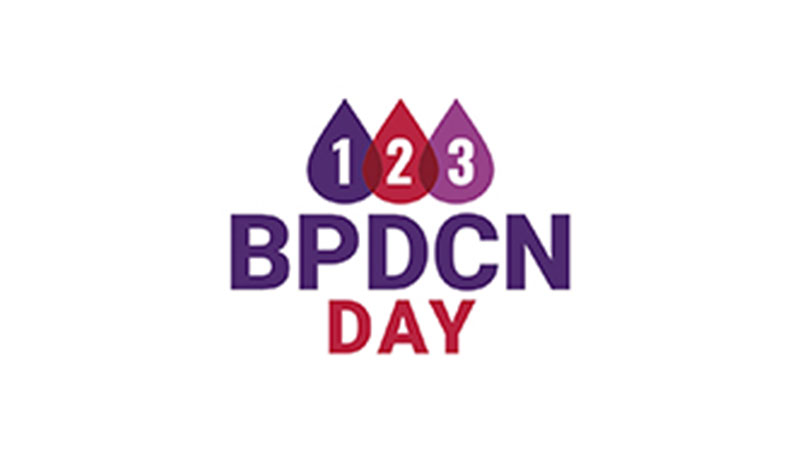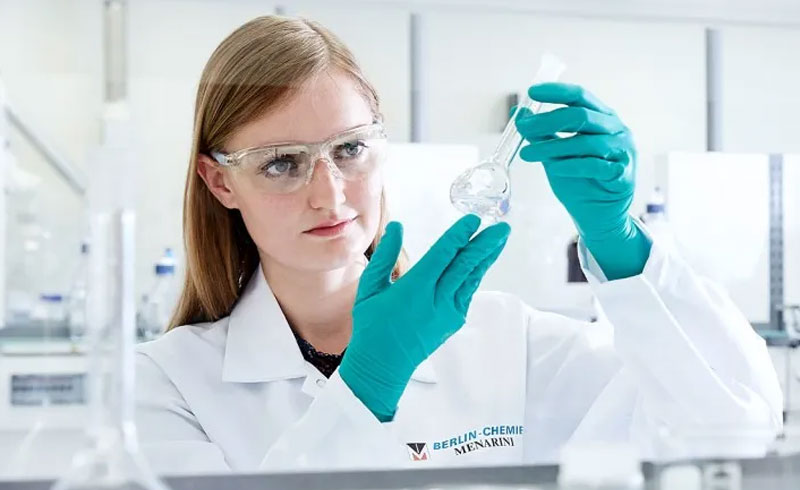Welcome to the News & More section. Here you will find general information in the form of press releases, news and the latest graphical material.
2021 - 01 - 22
Blastic plasmacytoid dendritic cell neoplasm (BPDCN) Awareness Day


We at Menarini are committed in making a difference in lives of patients. 23rd January 2021 marks the second annual BPDCN Awareness Day (#BPDCNday) since it received its own classification as a distinct hematologic malignancy by the World Health Organization (WHO). We encourage everyone to join the community in raising awareness to bring patients and health care professionals together in the fight against a deadly disease that has largely gone under-recognized.
Blastic plasmacytoid dendritic cell neoplasm (BPDCN) is a rare, clinically aggressive hematological malignancy with estimated 0.44% of hematologic neoplasms annually – equivalent to roughly 700 cases in the United States and 1000 cases in Europe.1 Its outcomes are poor and it has largely gone under-recognized.2 Despite an initial response, BPDCN remains aggressive and associated with a dismal prognosis.2-4 Historically, the average overall survival rate after diagnosis is 8-14 months.3,5.
BPDCN is a disease that is mostly diagnosed in elderly patients, but it can occur at any age.2,6 Men are three times more likely to be affected by BPDCN than women.2,6 A strong similarity with other malignancies further contributes to frequent misdiagnosis.7,9
Given that the disease presents variable dermatologic and hematologic manifestations, biopsies of skin, bone marrow or secondary sites are critical for diagnosis.2,7,10-14 Tumor cells are characterized by the expression of CD123, CD4, CD56*2,3,15, providing a suitable marker triad that can confirm the diagnosis of BPDCN.3,7 An early and correct diagnosis of BPDCN may be key in addressing the dismal prognosis and poor outcomes of patients.
Consequently, diagnosis of BPDCN is a multidisciplinary responsibility, involving dermatologists, hemato-oncologists and pathologists. A joint effort could help avert misdiagnosis and enable an early and correct initiation of treatment.
Although BPDCN is under-recognized, enhancing knowledge may help define the disease and improve diagnosis and outcome. Opportunities such as #BPDCNDay provide an opening to engage the community to raise awareness and bring patients and health care professionals together in the fight against this challenging disease.
We hope you will join us in supporting patients and families affected by BPDCN around the world.
For more information, visit BPDCNinfo.com
* as well as other markers (TCL1, TCF4, and CD303 (BDCA2)
1. Sullivan JM, Rizzieri DA. Hematology Am Soc Hematol Educ Program. 2016;2(1):16-23.;
2. Facchetti et al. Mod Pathol. 2016;29(2):98-111.;
3. Pagano et al. Haematologica. 2013;98(2):239-246.;
4. Menezes et al. Leukemia. 2014;28(4):823-829.;
5. Pemmaraju N. Curr Hematol Malig Rep. 2017;12(6):510–512.;
6. Sapienza et al. Haematologica. 2019;104(4):729-737.;
7. Pagano et al. Br J Haematol. 2016;174(2):188-202.;
8. Laribi et al. Biol Blood Marrow Transplant. 2016;22(8):1357-1367.;
9. Riaz et al. Cancer Control. 2014;21(4):279-289.;
10. León-Martínez et al. Int J Surg Pathol. 2014;22(1):76-82.;
11. Julia et al. Br J Dermatol. 2013;169(3):579-586.;
12. Herling&Jones. Am J Clin Pathol. 2007;127(5):687-700.M;
13. Reichard. Surg Pathol Clin. 2013;6(4):743-765.;
14. Frankel et al. Blood. 2014;124(3):385-392.;
15. Ceribelli et al. Cancer Cell, 2016;30(5):764–778.
















